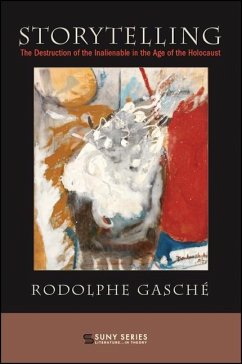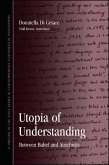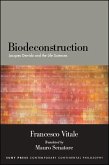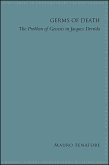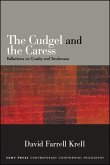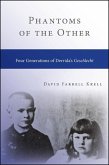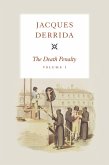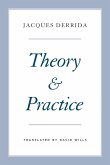In Storytelling, Rodolphe Gasché reexamines the muteness of Holocaust survivors, that is, their inability to tell their stories. This phenomenon has not been explained up to now without reducing the violence of the events to which survivors were subjected, on the one hand, and diminishing the specific harm that has been done to them as human beings, on the other. Distinguishing storytelling from testifying and providing information, Gasché asserts that the utter senselessness of the violence inflicted upon them is what inhibited survivors from making sense of their experience in the form of tellable stories. In a series of readings of major theories of storytelling by three thinkers-Wilhelm Schapp, whose work will be a welcome discovery to many English-speaking audiences, Walter Benjamin, and Hannah Arendt-Gasché systematically assesses the consequences of the loss of the storytelling faculty, considered by some an inalienable possession of the human, both for the victims' humanity and for philosophy.
This book is freely available in an open access edition thanks to Knowledge Unlatched-an initiative that provides libraries and institutions with a centralized platform to support OA collections and from leading publishing houses and OA initiatives. Learn more at the Knowledge Unlatched website at: https://www.knowledgeunlatched.org/, and access the book online at the SUNY Open Access Repository at http://hdl.handle.net/20.500.12648/7236.
This book is freely available in an open access edition thanks to Knowledge Unlatched-an initiative that provides libraries and institutions with a centralized platform to support OA collections and from leading publishing houses and OA initiatives. Learn more at the Knowledge Unlatched website at: https://www.knowledgeunlatched.org/, and access the book online at the SUNY Open Access Repository at http://hdl.handle.net/20.500.12648/7236.
Dieser Download kann aus rechtlichen Gründen nur mit Rechnungsadresse in A, D ausgeliefert werden.

